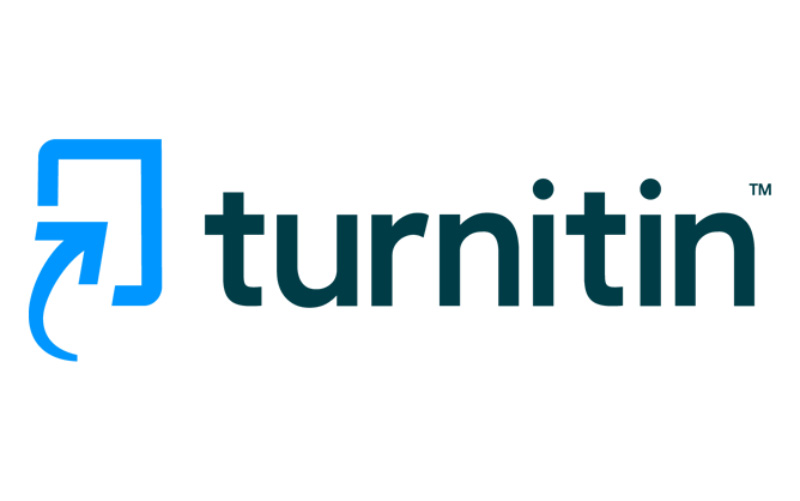Pemberatasan Kejahatan Internasional berdasarkan Mutual Legal Assistance Treaties (MLATs)
Abstract
The form of cooperation between countries in the practice of customary international law can be done through Mutual Legal Assistance Treaties (MLATs). This form of cooperation appears in the practice of eradicating international crimes, which are transnational or international crimes as an act of implementing other agreements, which have been carried out among the countries involved in it. Law enforcement efforts against international crimes can be carried out through extradition treaties. Apart from that, other international agreements, both bilateral and multilateral, or mutual legal assistance treaty or judicial assistance treaty between two or more countries. Mutual Legal Assistance Treaties (MLATs) also emerged because the eradication of crime was not sufficiently enforced by extradition agreements. More and more forms of Mutual Legal Assistance Treaties (MLATs) have been agreed upon, for example the United Nations Convention Against Corruption in 2003, the United Nations Conventions Against Transnational Organized Crime in 2000. Whereas at the ASEAN Regional level, the Treaty Mutual Legal Assistance in Criminal Matters in 2004. If this is well developed, especially in the State of Indonesia, then efforts and implementation in resolving these transnational problems can be overcome.
References
Parthiana, W. (2004). Hukum Pidana Internasional dan Ekstradisi. Bandung: Penerbit Yrama Widya.
Syafrinaldi. (2006). Hukum Internasional Antara Harapan Dan Kenyataan. Pekanbaru, Riau: Penerbit Uir Press.
Authors whose manuscript is published will approve the following provisions:
-
The right to publication of all journal material published on the AKTUAL JUSTICE journal website is held by the editorial board with the author's knowledge (moral rights remain the property of the author).
-
The formal legal provisions for access to digital articles of this electronic journal are subject to the terms of the Creative Commons Attribution-ShareAlike (CC BY-SA) license, which means Jurnal of AKTUAL JUSTICE reserves the right to store, modify the format, administer in the database, maintain and publish articles without requesting permission from the Author as long as it keeps the Author's name as the owner of Copyright.
-
Printed and electronically published manuscripts are open access for educational, research, and library purposes. In addition to these objectives, the editorial board shall not be liable for violations of copyright law.









1.png)

